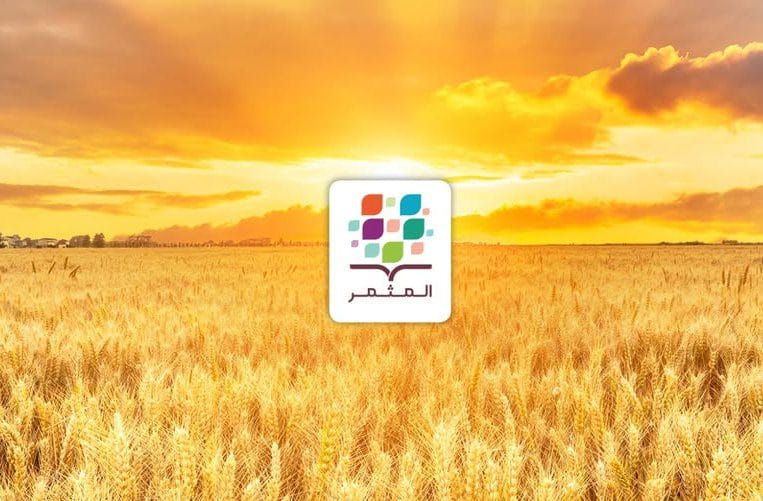More than 987 demonstration platforms (PFD) for olive trees, a key lever for technology transfer in the Al Moutmir model, have been deployed across 24 provinces and 159 municipalities, covering all olive-growing areas of the Kingdom in 2023/2024.
Thanks to this program, which aims to support farmers in adopting optimized agricultural practices tailored to local specificities, over 640 farmers have directly benefited from the platforms, and more than 6,000 have been indirectly supported through field schools, theoretical training, and exchanges on social networks and at @tmar.
Since the launch of the initiative, more than 28,600 PFDs have been installed in over 40 provinces. These PFDs demonstrate the impact of using best agricultural practices on yield, production quality, and generated income.
Co-constructed with the agricultural and scientific ecosystem, the PFD program enjoys scientific support from Mohammed VI Polytechnic University in Benguerir.
The goal is to create an emulation and induction effect driven by the farmers who have hosted these demonstration platforms, true ambassadors of good practices and guarantors of the continuity and sustainability of the effort.
Despite an agricultural campaign marked by several challenges, the demonstration platforms (PFDs) have significantly improved olive yields. Compared to control plots, which follow the usual technical routes of farmers, the PFDs recorded an average yield increase of between 19% and 38%.
Data analysis shows that, in a difficult production context, the adoption of the integrated crop management (ICP) program played a key role in improving yields.
By integrating practices adapted to the agro-climatic specificities of each region, the ICP has optimized tree nutrition, improved water management, and strengthened orchard resilience against environmental stresses, particularly in irrigated areas where all plots applying the ICP recorded yield increases.
Furthermore, the PFDs have also increased the profitability of farms. On average, they generated a profit margin of up to 30,363 dirhams/ha, compared to 25,133 dirhams/ha for the control plots. This improvement translated into an increase ranging from 19% to 32% depending on the contexts.
These results confirm the importance of adopting optimized technical routes based on an integrated approach. By combining rational fertilization, effective water management, adapted cultural practices, and targeted phytosanitary protection, the integrated crop management (ICP) program presents itself as a sustainable solution to improve productivity and profitability in the olive sector while mitigating the effects of climate change.
To refine irrigation management, smart sensors have been installed on the PFDs, allowing real-time measurement of soil moisture and adjustment of water inputs according to the actual needs of the trees. This innovative technology helps farmers adopt more precise and efficient irrigation, avoiding waste while ensuring good development of the olive trees.
The average water productivity on the PFDs reached 0.95 kg/m³, representing an increase of between 11% and 25% compared to the control plots, thus demonstrating better utilization of each cubic meter of water used.
In parallel, farmers benefit from specific support to appropriate these technologies and integrate good irrigation practices into their daily orchard management.
This personalized follow-up contributes to a gradual adoption of water-saving techniques, essential for strengthening the resilience of the olive sector in the face of climate challenges.
The demonstration platform (PFD) is a plot where the agronomist from Al Moutmir implements an optimal and sustainable technical route respecting the principles of the 4Rs (providing the right fertilizer, in the right place, at the right dose, and at the right time), while next to it is a control plot where the farmer follows their usual route, allowing the farmer to see the difference and easily adopt good agricultural practices.
The technical route in the PFD is based on an integrated management program called “Integrated Crop Program” (ICP), focusing on four pillars: rational water management, rational fertilization, integrated crop protection, and the use of suitable specialty products.
Everything starts with soil analyses, a crucial step to develop a fertilization strategy and ensure balanced plant nutrition. These analyses are carried out by mobile laboratories deployed nationwide by Al Moutmir and at the laboratories of Mohammed VI Polytechnic University (UM6P).
After the establishment of the PFD, the farmer benefits from regular follow-up throughout the key stages and operations of the crop. At the same time, field schools are organized on the plot and serve as practical training for farmers and their community. Additionally, capacity-building programs in the form of theoretical training sessions are provided to farmers, covering various aspects of crop management.


